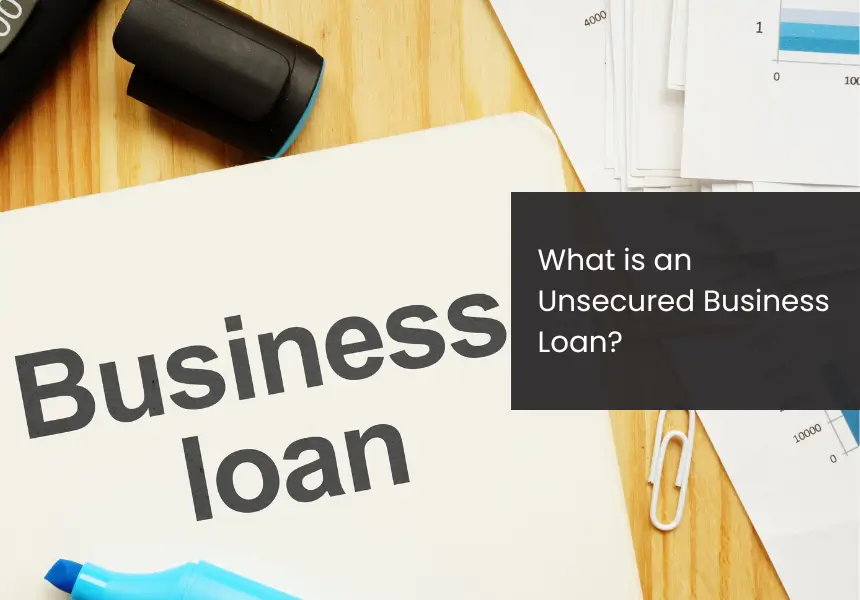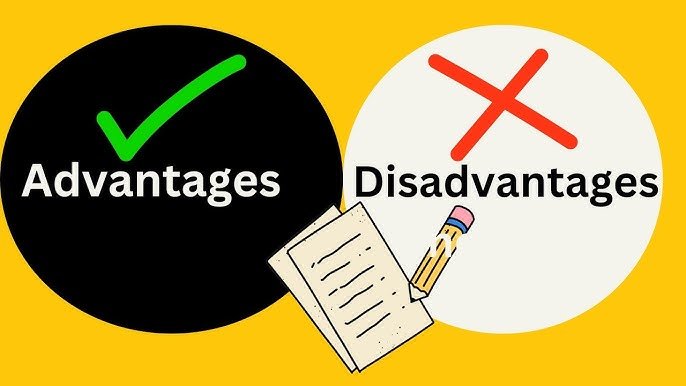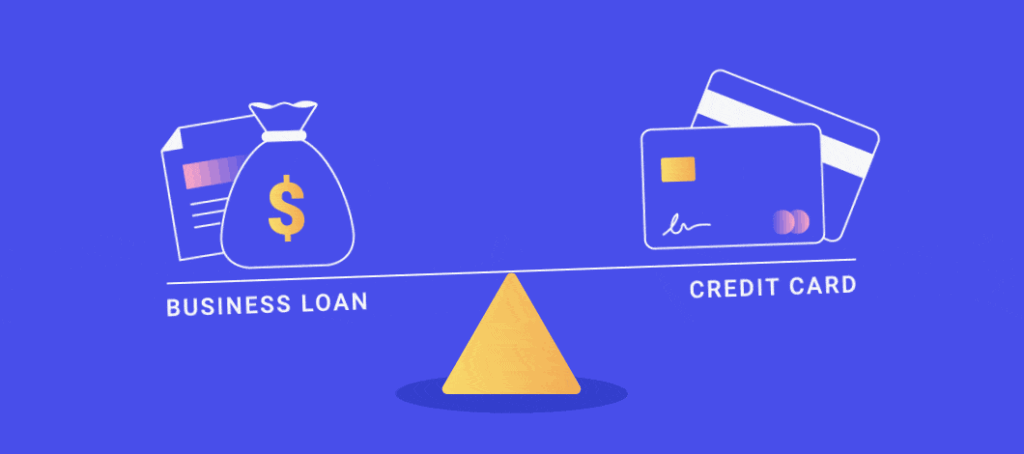Starting a business is an exciting journey, but it comes with its fair share of challenges—especially when it comes to financing. For many entrepreneurs, getting the necessary capital is a critical first step. One financing option that’s gaining popularity among new businesses is the unsecured business loan.
But is it the right choice for your startup? In this article, we’ll explore what an unsecured business loan is, how it works, its pros and cons, eligibility criteria, and how it compares to other financing options—so you can make an informed decision.
What Is an Unsecured Business Loan?

An unsecured business loan is a type of loan that does not require collateral. Unlike secured loans, which are backed by business assets like property or inventory, unsecured loans rely on the borrower’s creditworthiness and business performance.
Key Features
- No collateral required
- Higher interest rates compared to secured loans
- Faster approval process
- Shorter repayment periods
- Suitable for startups and small businesses
How Do Unsecured Business Loans Work?
Unsecured business loans are typically offered by banks, credit unions, online lenders, and fintech companies. Since these loans are not backed by assets, lenders assess other factors such as your personal credit score, business income, time in operation, and financial projections.
Application Process
- Submit Loan Application
- Provide Financial Documents
- Undergo Credit Evaluation
- Loan Offer and Terms Review
- Funds Disbursed to Your Account
Common Documents Required
- Business plan
- Bank statements
- Tax returns
- Profit and loss statement
- Personal and business credit scores
Advantages of Unsecured Business Loans

Unsecured loans can be a great option for startups, especially when time and flexibility are crucial. Here are the major benefits:
No Collateral Needed
Startups typically don’t have significant assets. With an unsecured loan, you don’t risk losing your property or equipment if you default.
Quick Access to Funds
These loans have a much faster approval process compared to secured loans. This can be crucial when you need to act quickly on business opportunities.
Flexible Usage
You can use the funds for various needs such as purchasing inventory, hiring staff, marketing, or expanding operations.
Builds Business Credit
Timely repayment of an unsecured loan can help build your business credit, making it easier to secure funding in the future.
Disadvantages of Unsecured Business Loans
While these loans offer convenience and speed, they also come with some downsides.
Higher Interest Rates
Because lenders are taking on more risk without collateral, interest rates are often higher than with secured loans.
Shorter Repayment Terms
You may need to repay the loan over a shorter period, which can affect your cash flow.
Lower Loan Amounts
Unsecured loans typically offer smaller amounts compared to secured financing.
Tougher Eligibility Criteria
Lenders may have stricter requirements for approval, especially regarding your credit score and business income.
Is It Hard for Startups to Qualify?
Startups, by nature, may struggle to qualify for financing due to limited financial history. However, unsecured loans can still be accessible if you prepare properly.
Factors That Improve Approval Chances
- A solid business plan
- A high personal credit score (typically above 650)
- Stable personal income (if the business hasn’t started earning)
- Strong cash flow projections
- Previous business experience or industry expertise
Comparing Unsecured Business Loans with Other Funding Options
Choosing the right type of funding can make or break your business. Let’s compare unsecured loans to some other common options.
Unsecured vs Secured Business Loans
| Feature | Unsecured Loan | Secured Loan |
|---|---|---|
| Collateral Required | No | Yes |
| Interest Rate | Higher | Lower |
| Risk to Borrower | Lower | Higher |
| Loan Amount | Moderate | High |
| Approval Time | Fast | Slower |
Unsecured Loan vs Business Credit Cards

- Business credit cards are ideal for short-term expenses and have revolving credit.
- Unsecured loans are better for larger, one-time investments.
Unsecured Loan vs Angel Investment
- Angel investors offer funding in exchange for equity and involvement.
- Unsecured loans don’t dilute your ownership, but require repayment.
When Is an Unsecured Business Loan a Good Idea?
Ideal Scenarios
- You need quick access to capital
- You don’t have assets to pledge
- You have a good credit score
- You need funds for short-term growth
- You’re confident in your repayment ability
When to Think Twice
- You have poor credit
- Your business is not generating revenue yet
- You need a long-term or large funding solution
- High monthly repayments could strain your finances
Tips for Getting Approved
Getting approved for an unsecured business loan can be easier if you’re well-prepared. Here are some practical tips:
Improve Your Credit Score
Lenders rely heavily on your credit history. Pay down debts, avoid late payments, and check your credit report for errors.
Create a Detailed Business Plan
A well-structured business plan with realistic financial projections can build lender confidence.
Demonstrate Stable Cash Flow
Even if your business is new, showing strong cash flow or potential through invoices, contracts, or sales forecasts helps.
Choose the Right Lender
Different lenders have different requirements. Online lenders are often more flexible than traditional banks.
Keep Documents Organized
Having your financial and legal documents ready speeds up the process and builds trust.
Also Read : Understanding Different Types Of Loans: A Complete Guide
Conclusion
Unsecured business loans can be a valuable financing tool for startups that need fast, flexible funding without putting their assets on the line. However, they come with higher interest rates and stricter credit requirements. Before applying, assess your startup’s current situation, your ability to repay, and the purpose of the loan. When used wisely, an unsecured business loan can provide the fuel your startup needs to grow, compete, and succeed.
Frequently Asked Questions (FAQs)
What is the difference between a secured and unsecured business loan?
A secured loan requires you to pledge collateral (like property or equipment), while an unsecured loan does not. As a result, unsecured loans typically have higher interest rates.
Can a new business get an unsecured business loan?
Yes, but it may be more difficult. Lenders often look at your personal credit score, business plan, and potential for revenue when evaluating startups.
How much can I borrow with an unsecured business loan?
Loan amounts vary but typically range from $5,000 to $100,000, depending on your credit profile and lender policies.
How long does it take to get approved?
Some online lenders can approve and disburse funds within 24 to 72 hours, while banks may take longer.
What credit score is needed for an unsecured business loan?
Most lenders prefer a personal credit score of at least 650, but some may work with lower scores depending on other factors like income and cash flow.
